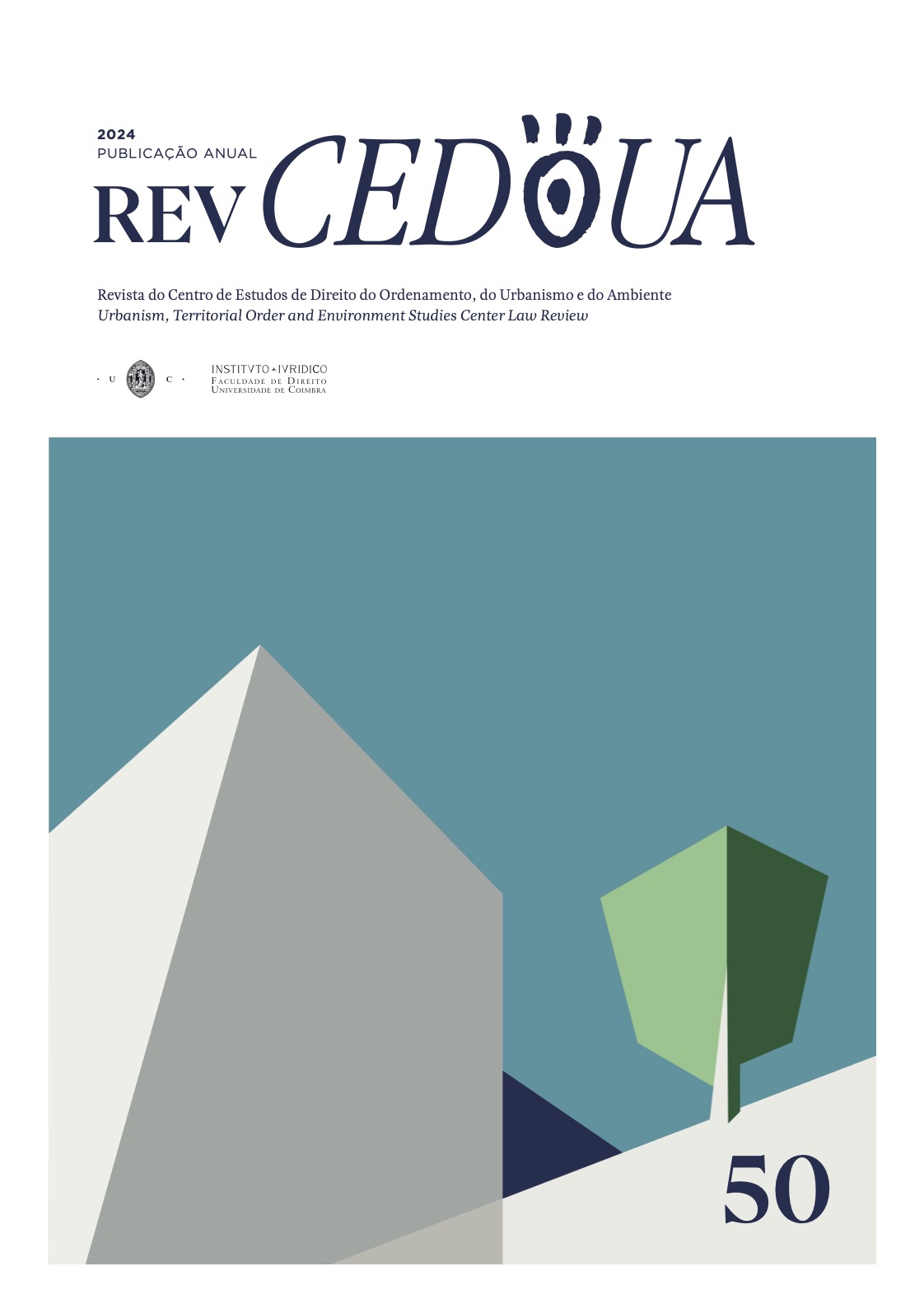Correlating Corporate ESG Strategy and the Labour Human Rights
DOI:
https://doi.org/10.14195/2182-2387_50_7Keywords:
ESG, Sustainability, Human Rights, Environment, Work EnvironmentAbstract
Investing in ESG practices by establishing your own agenda and goals has been fundamental for companies today, regardless of size. The ESG concept is used to describe how much a company seeks ways to minimize its impacts on the environment, and how much it cares about the people around it and adopts good administrative processes. It is an investment focused on the environment, social and governance of the company. This article aims to demonstrate how companies’ ESG strategies relate to the human rights of individual workers, in particular, with the right to an ecologically balanced environment. The method used was literature review, with the collection and analysis of information from several relevant sources. The results obtained indicate that ESG investments consider environmental, social and governance factors to evaluate investment risks and opportunities. Companies that implement ESG practices realize benefits such as an increasing quality environment, a better reputation, more investors, satisfied employees and performance finances. Thinking about the ESG agenda and labor relations in companies, S (Social) and G (Governance) have been evident when it comes to implementing and guaranteeing equal opportunities and reducing inequalities in results, through the elimination of policies and discriminatory
practices and the promotion of appropriate legislation, policies and actions in this regard, in addition to occupational health and well-being programs. Occupational safety and health have an impact on five of the 17 UN Sustainable Development Goals (SDGs), which, in turn, are the basis of ESG and summarize the social, environmental and governance challenges that the planet faces.
Downloads
Downloads
Published
Issue
Section
License
Copyright (c) 2025 Drielli Serapião Afonso, Wanise Cabral Silva

This work is licensed under a Creative Commons Attribution 4.0 International License.
Authors retain copyright and grant the journal right of first publication with the work simultaneously licensed under a Creative Commons Attribution License that allows sharing the work with recognition of authorship and initial publication in Antropologia Portuguesa journal.



